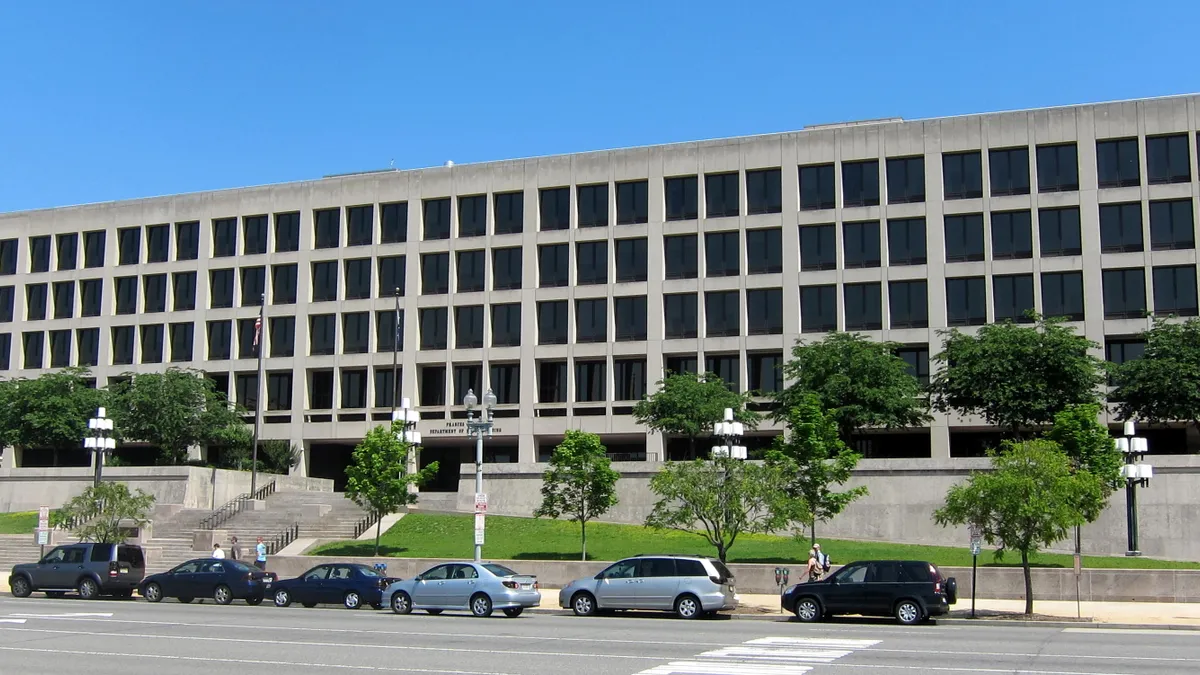Dive Brief:
- President Donald Trump officially announced the appointment of Cheryl Stanton to head the U.S. Department of Labor's Wage and Hour Division (WHD) on Sept. 1, Law 360 reported.
- Stanton, currently the executive director of the South Carolina Department of Employment and Workforce (DEW), formerly served under President George W. Bush as a White House legal liaison to the U.S. Department of Labor (DOL), according to The Post and Courier. She was appointed to her current position by then-Gov. Nikki Haley in 2013.
- At the state DEW, Stanton oversees state workforce services, including unemployment insurance, The Post and Courier said. As Wage and Hour Administrator for DOL she would be tasked with heading the branch of DOL that enforces federal minimum wage and overtime laws as well as the Family and Medical Leave Act (FMLA) and a handful of other labor and employment requirements.
Dive Insight:
It's a noteworthy announcement for compliance watchdogs and a long-awaited one. Previous reports indicated some concern among wage and hour lawyers as to what a vacancy atop the WHD might mean for enforcement of overtime, minimum-wage, family leave and other regulations.
The appointment doesn't mean the wait is over yet for compliance officers; Stanton still has to be confirmed by the Senate, and a backlog of appointees may delay the process. An even bigger question: how will Stanton affect DOL's perceived pro-business shift? The WHD head oversees some of the most hot-button compliance issues affecting the workplace, and one expert told HR Dive that subtle changes indicating such a shift are noticeable.
Even without a WHD head in place, the Trump Administration has already implemented changes at the sub-agency. One of the more significant examples is the return of wage and hour opinion letters. Discontinued by the Obama administration in 2010, the practice allows employers to submit questions about the Fair Labor Standards Act, the FMLA and other laws to DOL's WHD. The agency reinstated those letters in June, a move in line with expectations that it is likely to shift away from enforcement toward employer education. Supporters argue reinstating the opinion letter issuance could mean some certainty with respect to specific wage and hour issues. Just how fast that clarity will come, however, remains to be seen; WHD has promised to process requests “as expeditiously as possible.”












